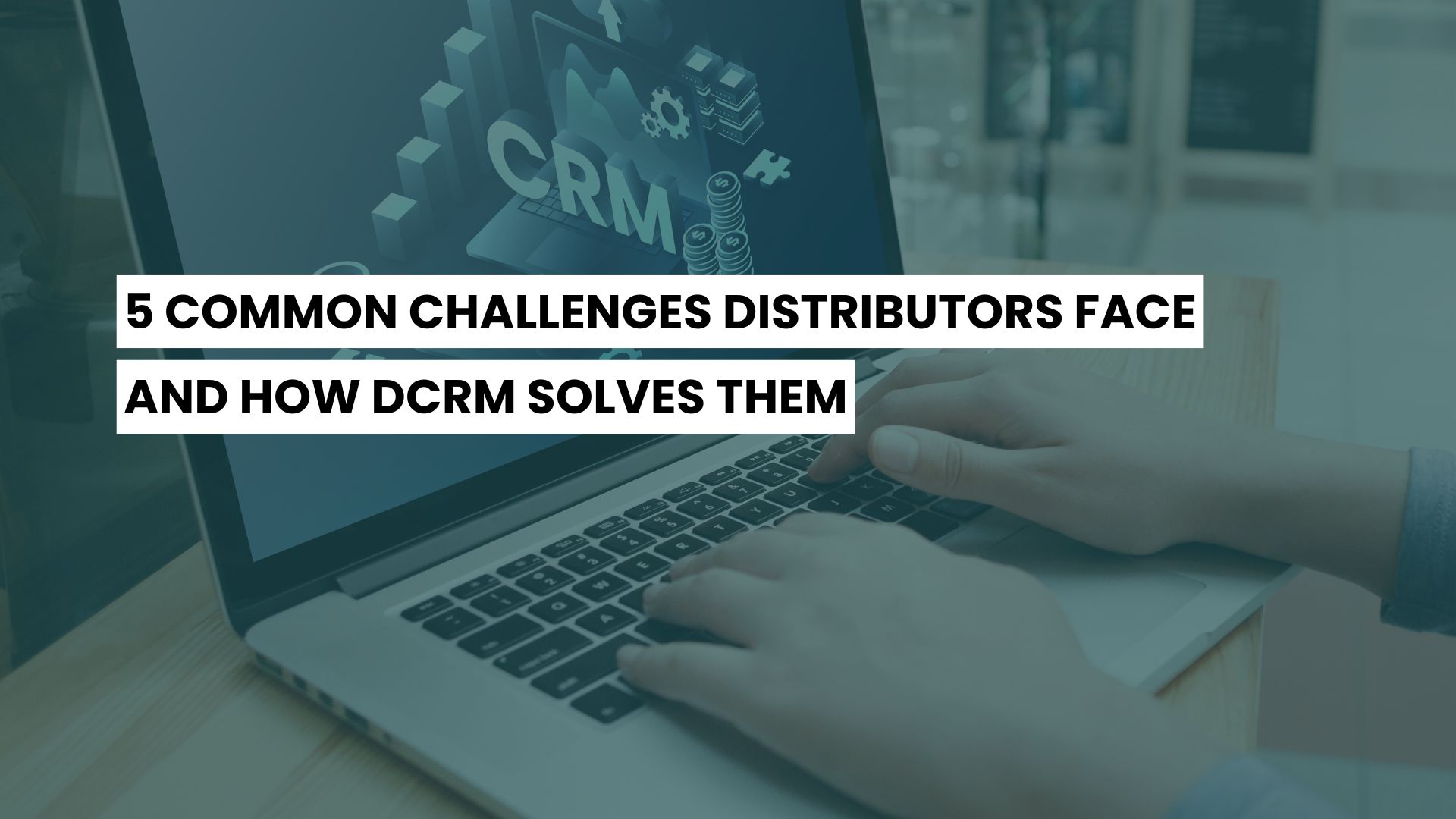Distributor Management Software (DMS) plays a pivotal role in streamlining processes, optimising workflows, and fostering better communication between manufacturers and distributors. However, the true potential of DMS can only be realised with the right approach. In this blog, we’ll delve into various approaches to managing your distributor network and explore how they can enhance the power of your Distributor Management Software.
1) Custom Billing Software
Custom Billing Software is a tailored solution designed to meet the unique needs of your business. When integrated with your DMS, it can provide a seamless billing experience for both manufacturers and distributors. This approach ensures accurate invoicing, reduces errors, and enhances financial transparency within the distribution network. Customization allows you to incorporate specific features and functionalities that align with your business model, making the billing process more efficient and error-free.
2) Web Portals
Web portals offer a centralised platform for distributors to access and manage various aspects of their partnership with manufacturers. These portals can include features such as order tracking, inventory management, and real-time communication channels. By integrating web portals with your DMS, you empower distributors with the tools they need to operate efficiently. This approach enhances collaboration, reduces communication barriers, and provides a user-friendly interface for seamless interaction between manufacturers and distributors.
3) Data Extractors
Data Extractors are tools that help extract valuable insights and analytics from the vast amount of data generated within the distribution network. When coupled with DMS, data extractors provide manufacturers with a deeper understanding of market trends, distributor performance, and consumer behaviour. This approach transforms raw data into actionable intelligence, enabling informed decision-making and strategic planning. Data-driven insights are instrumental in adapting to market changes and staying ahead of the competition.
4) Integration with Distributor’s Tally / Busy
Integration with popular accounting software like Tally or Busy streamlines financial processes within the distributor network. This approach eliminates the need for manual data entry, reducing the risk of errors and ensuring real-time synchronisation of financial information. By seamlessly integrating DMS with accounting software, manufacturers gain visibility into financial transactions, while distributors benefit from automated and accurate record-keeping. This integration enhances overall efficiency and transparency in financial operations.
5) Mobile Apps
In the era of mobile technology, providing distributors with a dedicated mobile app can revolutionise how they interact with the DMS. Mobile apps offer flexibility and convenience, allowing distributors to manage orders, track shipments, and access vital information on the go. Integrating a mobile app with your DMS empowers distributors with real-time data and enhances their responsiveness to market demands. This approach fosters agility and ensures that distributors can adapt quickly to changing circumstances.
In conclusion,
the power of Distributor Management Software is amplified when complemented with the right approach to DMS implementation. Whether through custom billing software, web portals, data extractors, integration with accounting software, or mobile apps, each approach contributes to a more efficient, transparent, and collaborative distributor network. As businesses continue to evolve, leveraging these approaches will be crucial in staying ahead in the competitive landscape of distributor management.




